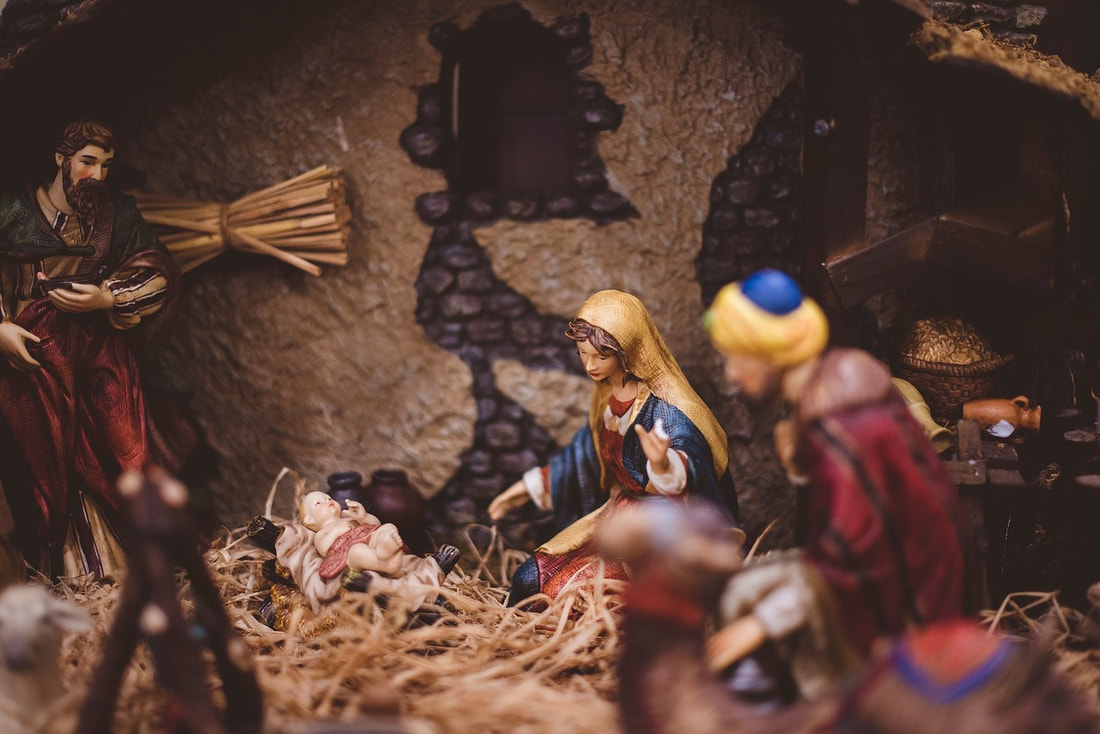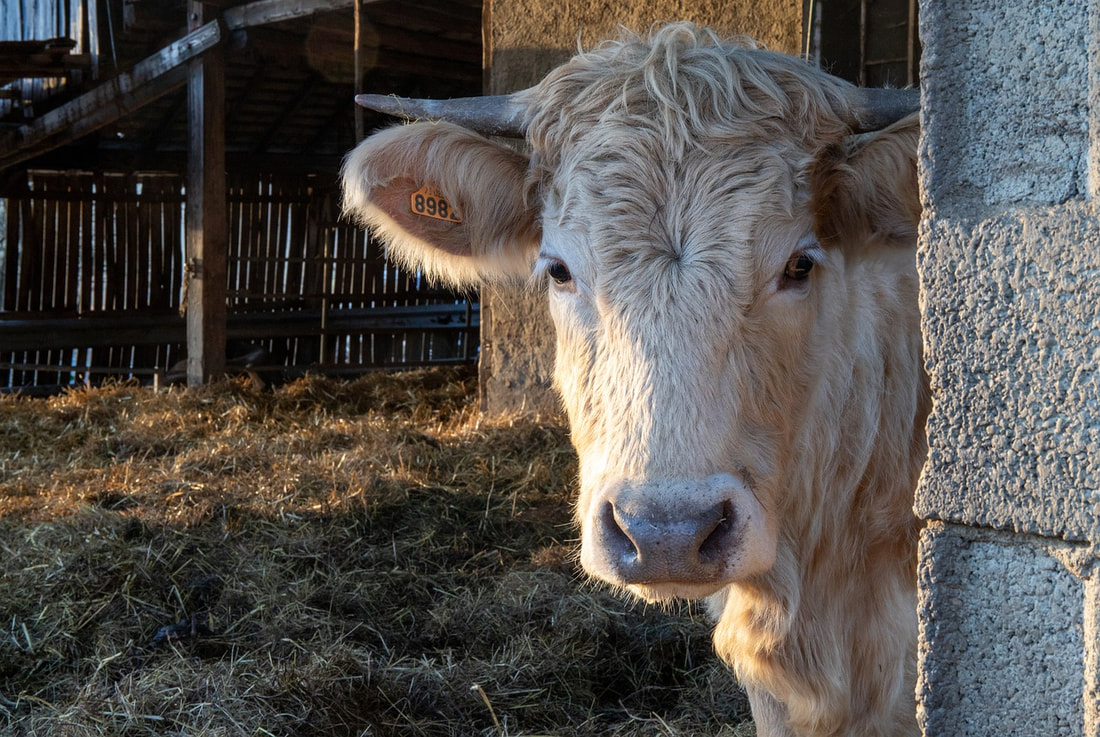SERMON
In some Christian Traditions, the Sunday after Christmas is given the theme of The Holy Family, a reference to Jesus, Mary and Joseph.
What is it that makes this particular family holy one might ask?
Probably the first answer that some might give is that this family is holy, because of the birth and the presence of the holy Child, the Christ Child, Jesus, the Son of God.
But I think most of us would surely be aware that it takes more than one person to make a family holy. It takes loving and caring and committed relationships to make a family worthy of the name family, let alone worthy of the adjective holy.
Perhaps the holiness of the first Christmas family is in part, the result of Joseph's willingness to break Jewish Law and to marry the women he loves despite the fact that in the eyes of others, she would have been considered defiled having got pregnant out of wedlock. Perhaps the holiness of this family also has something to do with Mary’s openess and willingness to play her part as the mother of the Christ-child and to not run away from the great task before her?
The image of that first Christmas Family, remaining committed to each other, despite the odds that were against them, sharing a stable as their first family home, has been an important image in Christian cultures as a reminder of what family life could be and hopefully should be. That first Christmas Family, the Holy Family if one wishes to use that term, has been a kind of archetype that has communicated a message to us of the true potential of every family that has ever been in this world. All families have the potential for holiness, as places of love, tenderness, nurture and mutual care. Families have the potential of being places where divine love can be encountered and shared.
But sadly, as recent news stories have reminded us, not all families live up to this potential. Families are not by default places of love, care and mutual support. Sometimes, families can be places of terrible abuse, neglect, toxic manipulation and even violence. It has been a tragic reminder to hear some teachers and social workers say that the potential closing of schools in further lockdowns would do enormous damage to those children for whom school is a welcome relief and break from a toxic and abusive home environment.
For me, home was always better and emotionally safer than being at school, even though I had quite a positive school experience. It is tragic to think that for some children, it is school that provides the safety and the emotional support that is lacking at home.
And so, the so-called ‘Holy Family’ of Jesus, Mary and Joseph is a religious reminder that should hopefully inspire each of us to make our own families places of holiness, where the love, nurture, goodness and care of God can be known.
But unfortunately, there are some for whom their own families will never be places of the kind of love, care and support they might hope for. Families cannot be made holy just by the efforts of one person, it requires a commitment from all members of a family.
The story of Jesus in the Gospels reveals that family for Jesus was never a closed concept. In fact, closed insulated families are ultimately not healthy places either. If Mark’s Gospel is anything to go by, Jesus lived with an open concept of family, a concept of family that was meant to be open and ready to include and embrace others. We see this when Mary and some of Jesus brothers and sisters come to take charge of Jesus. They think he has gone a little off the rails and a little over-board with his religious commitment and so they come to bring him back home to try and keep him under control. And in response, Jesus asks the question: Who is my brother and sister and mother? And in reply to his own question he continues: Those who do the will of my Father in heaven are my brothers, sisters and mothers.
And in a way, that is part of the good news of the message of Jesus, that we are all invited to become part of a much larger family, the family of Christ, where hopefully, those who have not experienced the goodness and support of their own families of origin, can find something of the love and support they have failed to receive at home amongst those who consider themselves part of the family of Christ.
And so may it be, that each of us, in even those most ordinary of settings and even in fleeting encounters, may be for others in this world the love, kindness, care and support which they should have received at home, but for various reasons, beyond their own control, never received. And in doing so may we become part of God’s wider holy family.
In the name of Christ. Amen.


 RSS Feed
RSS Feed